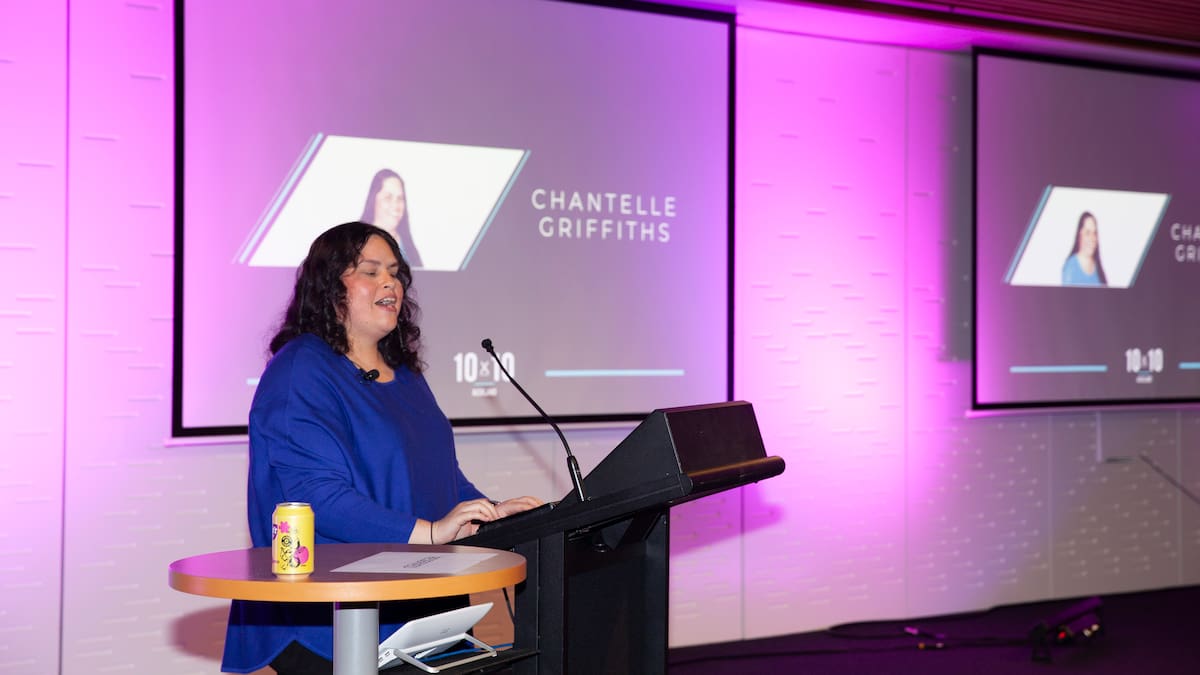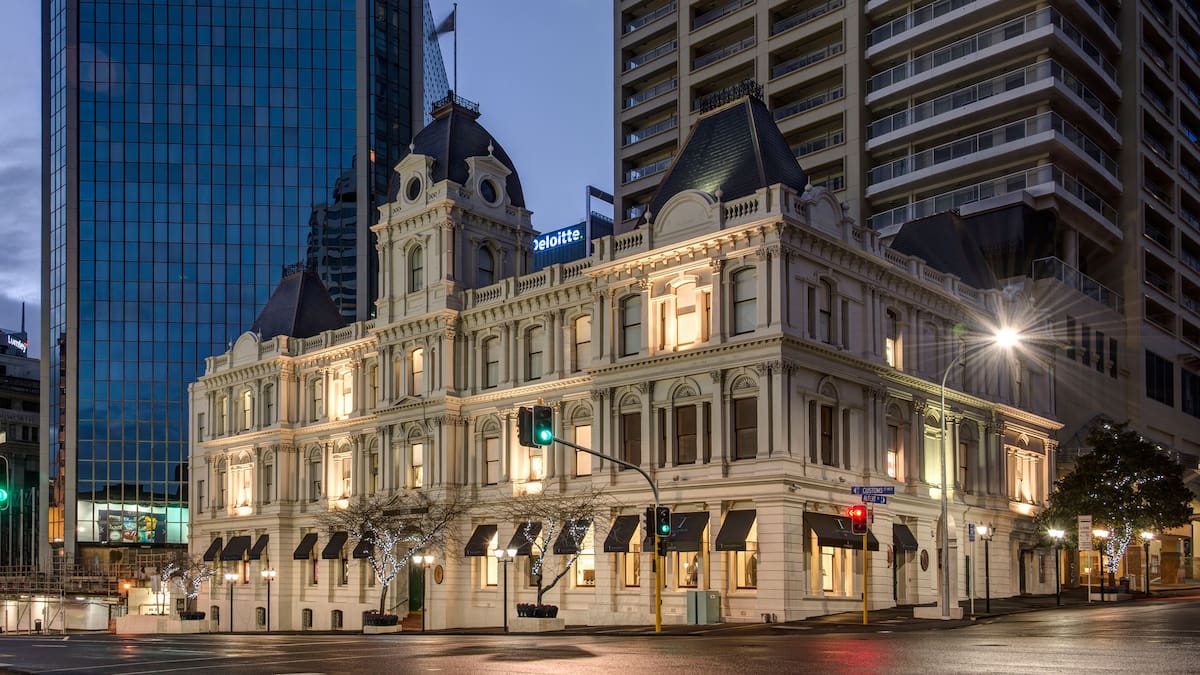We saw a need because primarily in the past, there have been one or two organisations that have been instrumental in providing those services. And none of them have been started by people who are blind themselves and have come up either through the system or have experienced how the current system works.
So although there are people who have had experience working for those organisations, there have been none that have been co-founded or founded by people who are braille users, specifically for other braille users. So those things together made us step up and go, “I think we need to do something.” Because we, as users, know what we need. We are the best people equipped to bring that to the people who need it the most.
Photo / 10×10
For those unfamiliar, what is braille-producing technology?
There are two aspects to that. One is the technology that is used to physically produce hard-copy braille, which is a printer that punches the dots into the paper. The other is called an electronic braille display – so that’s a little line of braille cells with pins that pop up and down and they connect to a computer or a smartphone, so that as the person is using their device, using their computer or smartphone, they will be able to have exactly the same output that they might get from the voice within that device in braille. So they can physically feel the dots under their fingers changing as the words change. They can also write in braille and, in some cases, they can also control the device in braille. This is pretty expensive, which is half the problem.
Who are the other founders alongside yourself, and how did your paths cross?
We’ve got two other co-founders, David Seevaratnam and Anne Niulesa. Ironically enough, I was their braille teacher. The one thing that brought us together more so than anything else was learning braille music. So I’m a musician, and they heard through the grapevine that I knew how to read braille music. And because I was already their braille teacher, they kind of asked me, “Well, would you teach us braille music alongside the braille that we’re currently learning?” And so I was just like, “Well, yeah, sure.”
I ran a pilot programme and then it sort of came together after that. These guys have a very different perspective because they’ve lost their sight recently, and so they were seeing gaps in the system that I didn’t necessarily see – I’ve been blind since birth. They give perspectives that I didn’t have from my own experience. And so I thought, “Well, that’s a perfect combination to bring a well-rounded perspective to all this.”

What has been the biggest highlight of the business so far?
Apart from meeting all the amazing people that we’ve met, we were very fortunate to get a grant from the Ministry of Culture and Heritage, from the Covid regeneration fund, to begin to deliver this amazing braille music curriculum. There are (currently) no pathways for anyone wishing to learn braille music as an adult, so the school students are supported, but anyone who comes to music or blindness later on has no avenue for learning braille music. There’s nothing here for New Zealand.
As a result of that, we were privileged to attend two very big international braille conferences this year and present it. We’ve had loads of interest from other countries like Australia, the UK, and even the Netherlands, who have said, “Once this comes to pass, can you please come and train us and teach us how to do it? Because we’d love to bring it to our countries as well.”
Where do you see the business in the next few years?
I want to see it as completely self-sustaining. I want to see those two arms – charitable and commercial – up and running. But what I really want to see is the engagement with the community and the total involvement of the community with everything, from being able to train other people to do the skills that we need to pass on this knowledge, developing sort of a formal way of passing on the knowledge that we have. Also just having that strong, peer-supported community hub.
I want to see a thriving braille community come out of this in New Zealand that other countries want to learn from and emulate. I think that our organisation has the power to begin to create that.
What would be your advice to other budding entrepreneurs?
I think my advice would be to give it a go and get started. Because until you start, you don’t know what’s going to happen. That was the one barrier that held me back. When I was thinking about starting a business, I was thinking, “Oh, I don’t know what to do.” But if you just start, everything else will kind of find its own way. You’ll find the networks you need, you’ll find the people that you need to talk to, you’ll find the money. But don’t let that stop you from having your idea and bringing your idea to life.






